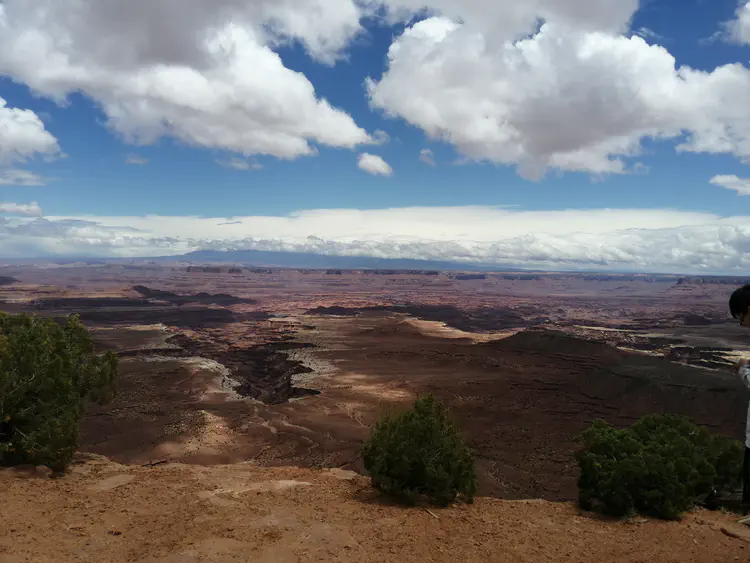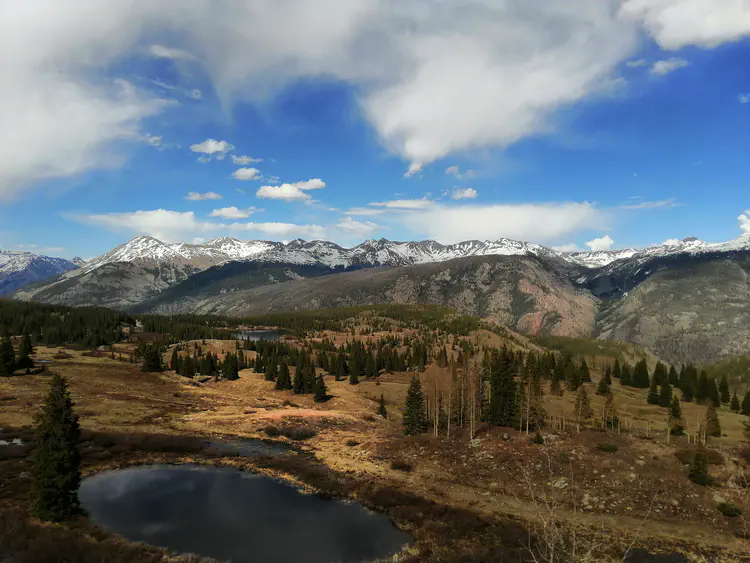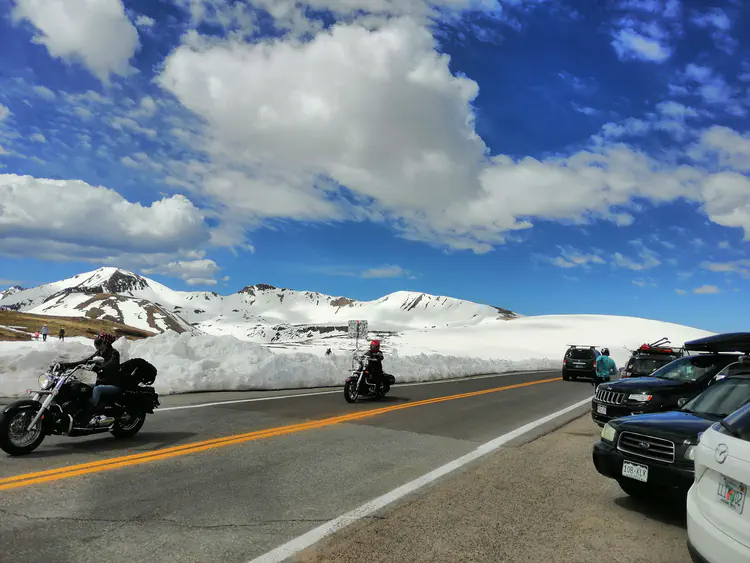Biography
I am currently an assistant professor at the School of Agricultural Economics and Rural Development, Renmin University of China. My research mainly focuses on environmental economics (with a particular interest in climate change) and applied econometrics.
P.S. This website is still being updated though not as frequently as before. Most of the updates lie in the data sections. Hope that saves you some time from data searching.
Download my CV
Interests
- Environmental Economics
- Climate Change
- Applied Econometrics
- Casual Inference
Education
PhD in Agricultural Economics, 2017 - 2022
Texas A&M University
MA in Public Management, 2012 - 2015
Beijing Institute of Technology
BA in Information Management and Information System, 2008 - 2012
North China University of Science and Technology
Publications
(2024).
Climate change and winter wheat yields: The roles of freezing days and long-run adaptations.
European Review of Agricultural Economics 51: 815-843.
(2023).
Heterogeneities in the impacts of climate change on residential electricity consumption: Evidence from China.
Climatic Change 176: 110.
(2022).
The impact of different incentive policies on New Energy Vehicle demand in China’s gigantic cities.
Energy Policy 168: 113137.
(2022).
Sustainable environmental remediation via biomimetic multifunctional lignocellulosic nano-framework.
Nature Communications 13: 4368.
(2022).
Effects of surface ozone and climate on historical (1980-2015) crop yields in the United States: Implication for mid-21st century projection.
Environmental and Resource Economics 81: 355–378.
Working Papers
(2024).
Heterogeneities in the impacts of weather fluctuation on residential electricity consumption with the consideration of building characteristics.
Working paper.
(2024).
The role of carbon trading market on energy poverty alleviation in rural area in China.
Working paper.
(2024).
The impacts of climate change on rice in Southeast Asia.
Working paper.
Teaching
Useful Data
A collection of climate, air pollution, disaster, and nature resources data for the US and the world
Note that almost all the data can be found at NASA’s Earthdata Search
Climate data
gridMET (historical)
MACA (projected)
WorldClim (historical + projected)
Historical data
Projected data
NEX-GDDP from NASA
ERA5-Land Hourly Data (historical)
Air pollution data
Natural disaster data
EM-DAT: A complete dataset for disasters
NOAA NCEI Storm Events Database
International Best Track Archive for Climate Stewardship (IBTrACS)
The Tropical Cyclone Extended Best Track Dataset (EBTRK)
Fire and Resource Assessment Program (FRAP) in California
FireCCILT11 Long-term Burned Area Dataset
Hazard Mapping System Fire and Smoke Product (recommended)
Natural resource data
FAO Land Data - Global Agro-Ecological Zones (GAEZ v4)
Vegetation products
Landsat Normalized Difference Vegetation Index (NDVI)
NOAA Vegetation Products
Note that almost all the data can be found at NASA’s Earthdata Search
Climate data
gridMET (historical)
gridMET is a dataset of daily high-spatial resolution (~4-km, 1/24th degree) surface meteorological data covering the contiguous US from 1979-yesterday (updated daily).
Regular Posts
Although not regular anymore
Contact
- dayabin@ruc.edu.cn
- 59 Zhongguancun Street, Beijing,







